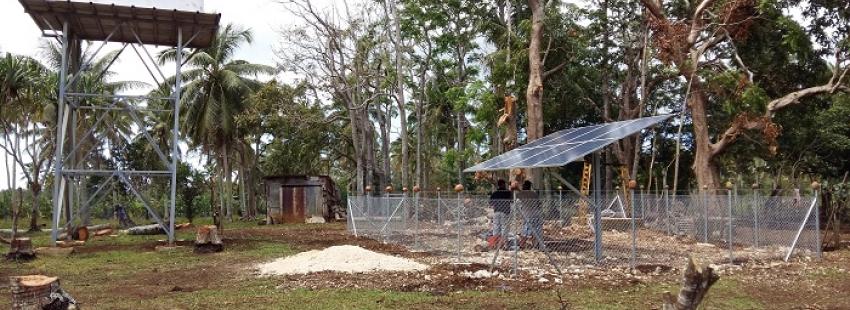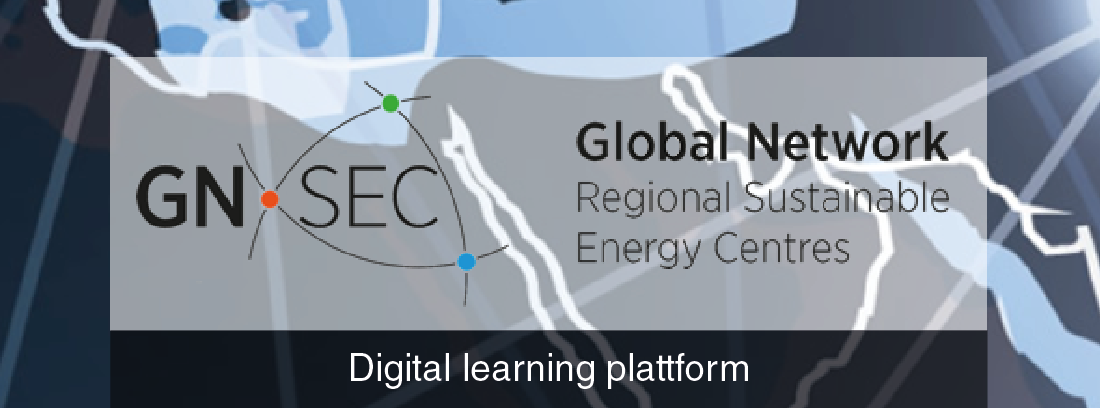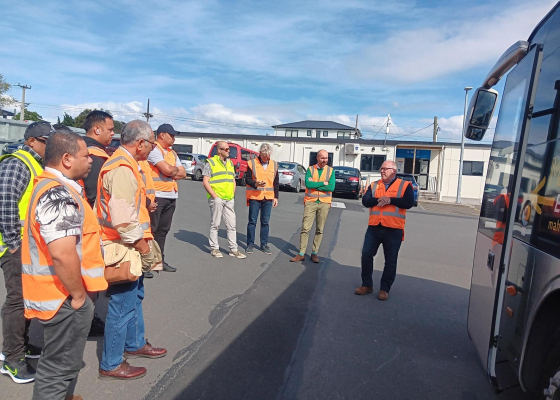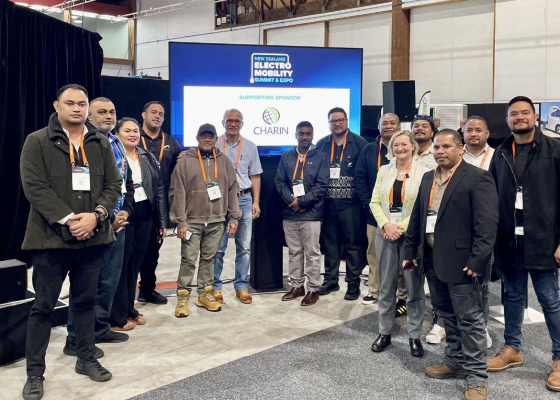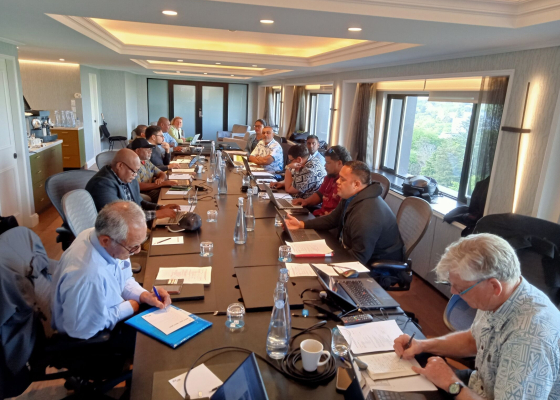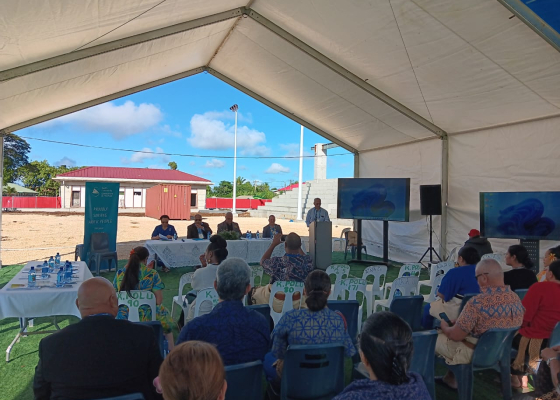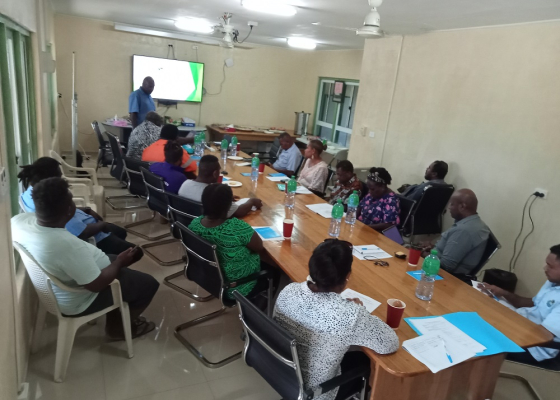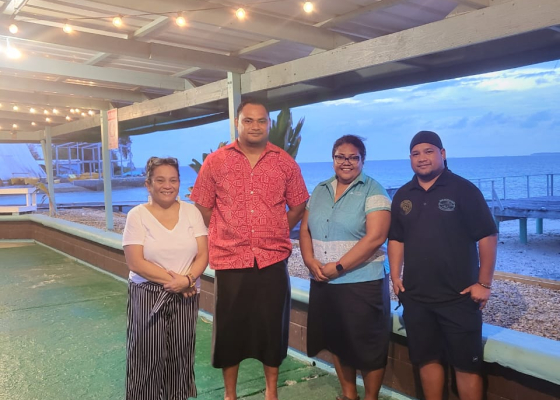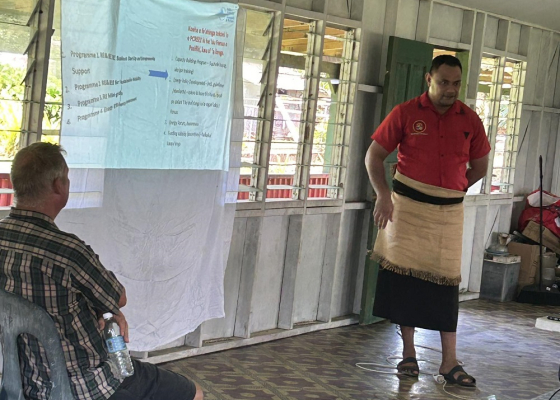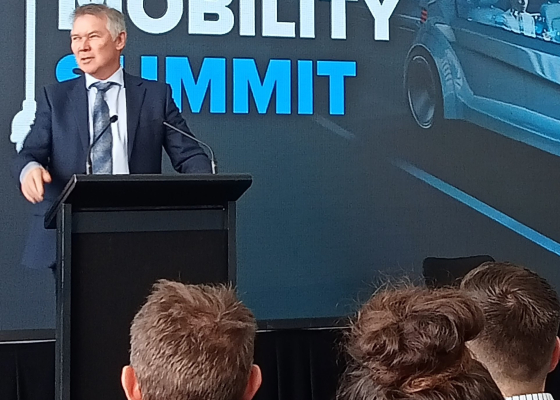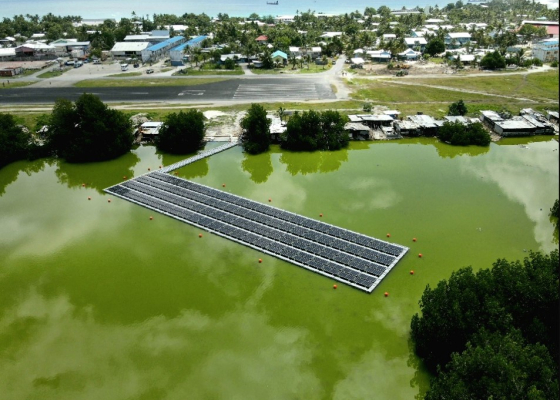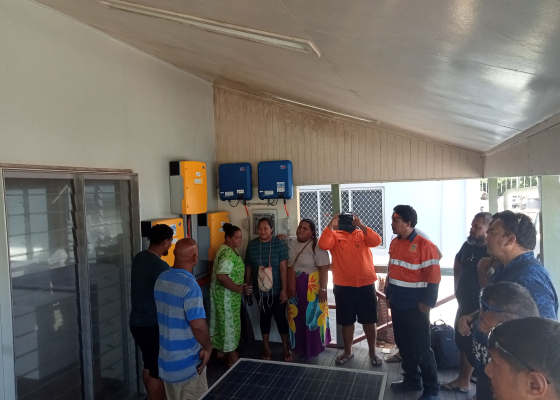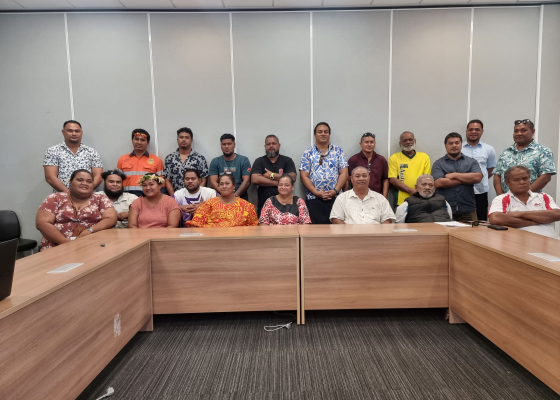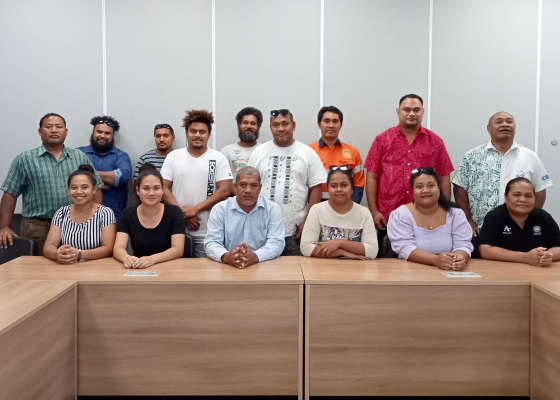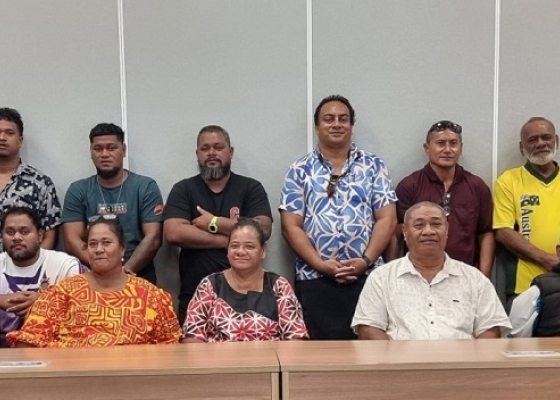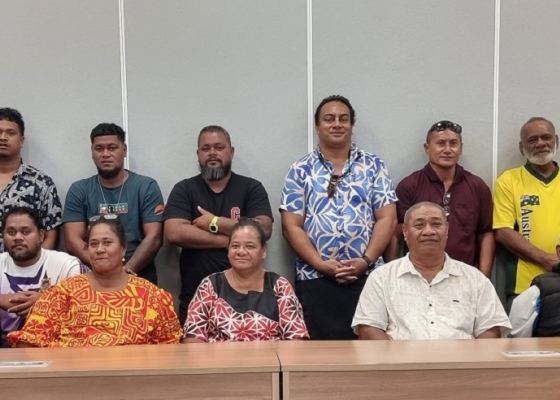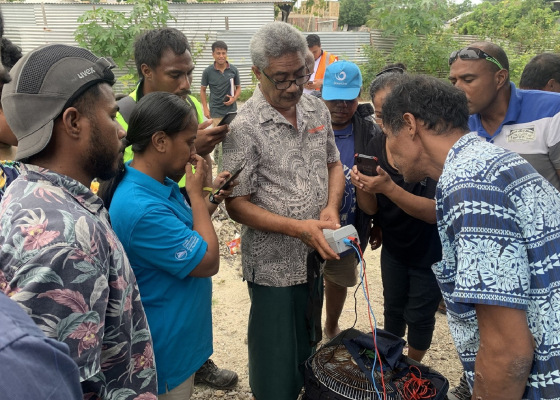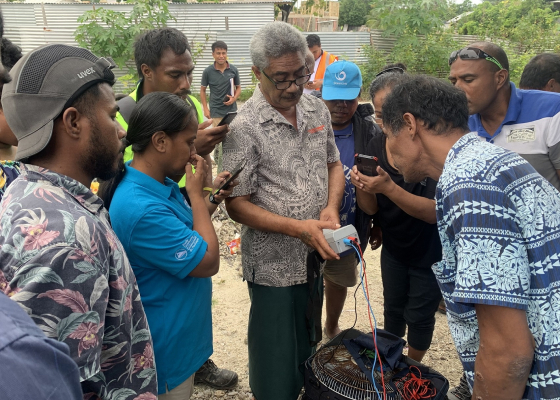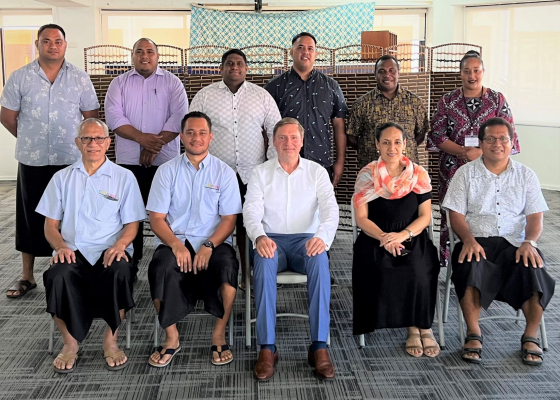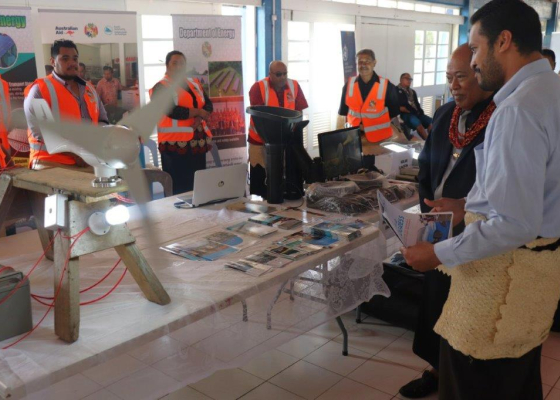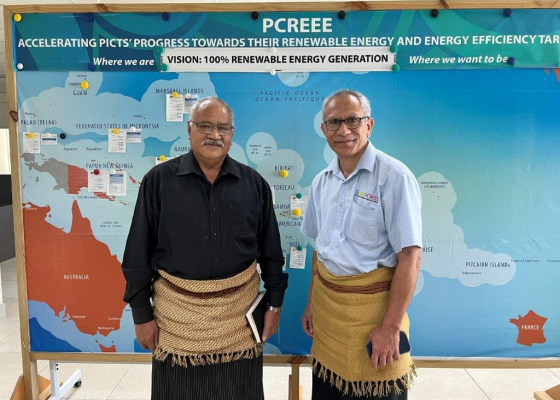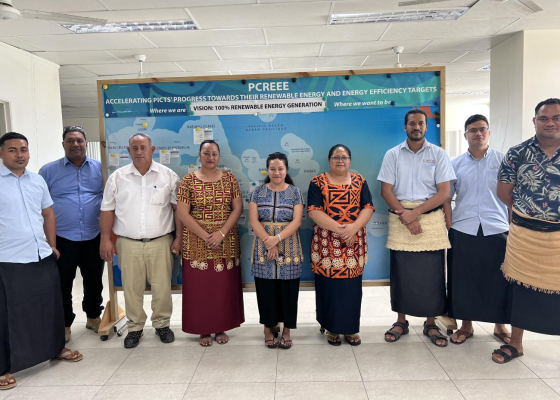Pacific Island Countries Work Together for a Sustainable Energy Future
Island countries in the Pacific face very specific challenges when it comes to energy security. With a limited supply of domestic fossil fuels, they have historically depended on imported fuels like diesel for their electricity production and transportation. Add the region’s remoteness and size to that scenario and the result is little access to electricity, high energy prices and global warming.
Fortunately, Pacific island countries are now committed to promote the adoption of renewable energy and energy efficiency in the region. In 2017, Pacific Energy Ministers launched the Pacific Centre for Renewable Energy and Energy Efficiency (PCREEE) to boost efforts to increase access to energy which is cheaper, more reliable and better for the environment. With a special focus on entrepreneurship and the private sector, PCREEE has the technical support of the United Nations Industrial Development Organization (UNIDO) and is funded by the Government of Austria and the Republic of Korea.
Tareq Emtairah, Director of UNIDO’s Department of Energy, said, “More than just increased access to electricity, we want to see localised value chains and businesses contributing to sustainable energy transitions in the region.”
“Access to renewable energy will generate income, create jobs and help local economies to grow,” added Martin Lugmayr, UNIDO Sustainable Energy Expert.
Founded little over a year ago, the PCREEE acts on four fronts. It offers policy advice, shares knowledge and raises awareness on renewable energy and energy efficiency technologies, offers capacity development services, and fosters investment and entrepreneurship in the sector.
“Addressing the lack of enabling policies on renewable energy technologies is essential. Clear rules make the market more predictable, reduce risks and encourage investment,” said Solomone Fifita, Manager of PCREEE. “We have been helping countries develop plans which are realistic, practical and affordable. They must make a difference and have measurable impact. Otherwise, a plan is just another document,” he added.
Another problem PCREEE addresses is the lack of access to information. The centre gathers knowledge on existing policies, laws, stakeholders, prices, generation costs, resources, investments, energy efficiency measures and potential project sites.
“Information is essential for investors and project developers to decide what to do and where,” added Fifita.
Increased investment in renewable energy technologies raises the demand for a highly qualified workforce. The Centre fills this gap by offering training which teaches, amongst other things, how professionals from non-energy sectors like agriculture, health, water and transport, can integrate renewable energy components into their sectors.
PCREEE is part of a broader initiative coordinated by UNIDO, the Global Network of Regional Sustainable Energy Centres which promotes the adoption of renewable energy and energy efficiency technologies across the globe. Under an international framework called SIDS DOCK, which assists Small Islands Developing States (SIDS) transform their energy systems, PCREEE also closely cooperates with the Caribbean Centre for Renewable Energyand Energy Efficiency (CCREEE) and the ECOWAS Centre for Renewable Energy and Energy Efficiency (ECREEE).
More on this story can be found here.
Credit: Eco-Business.com
Upcoming Events
-
01/19/2026 to 01/23/2026
-
03/02/2026 to 03/03/2026

